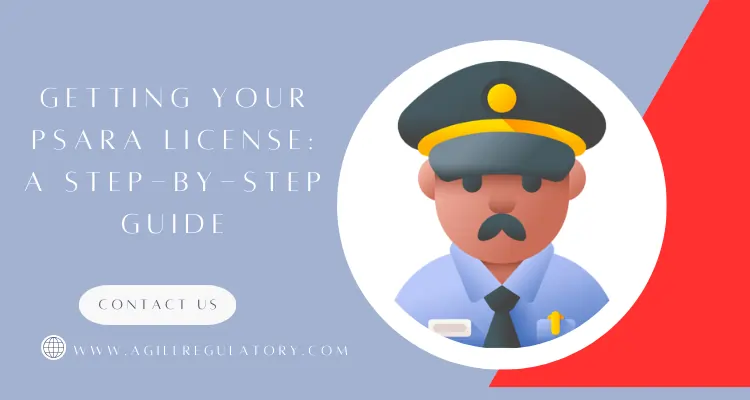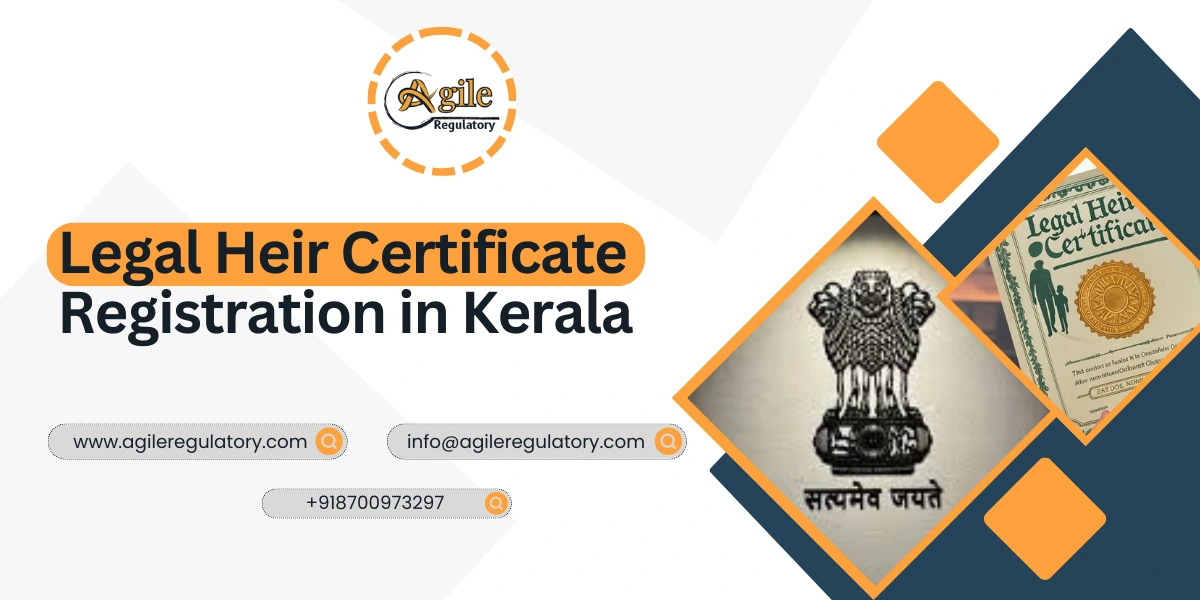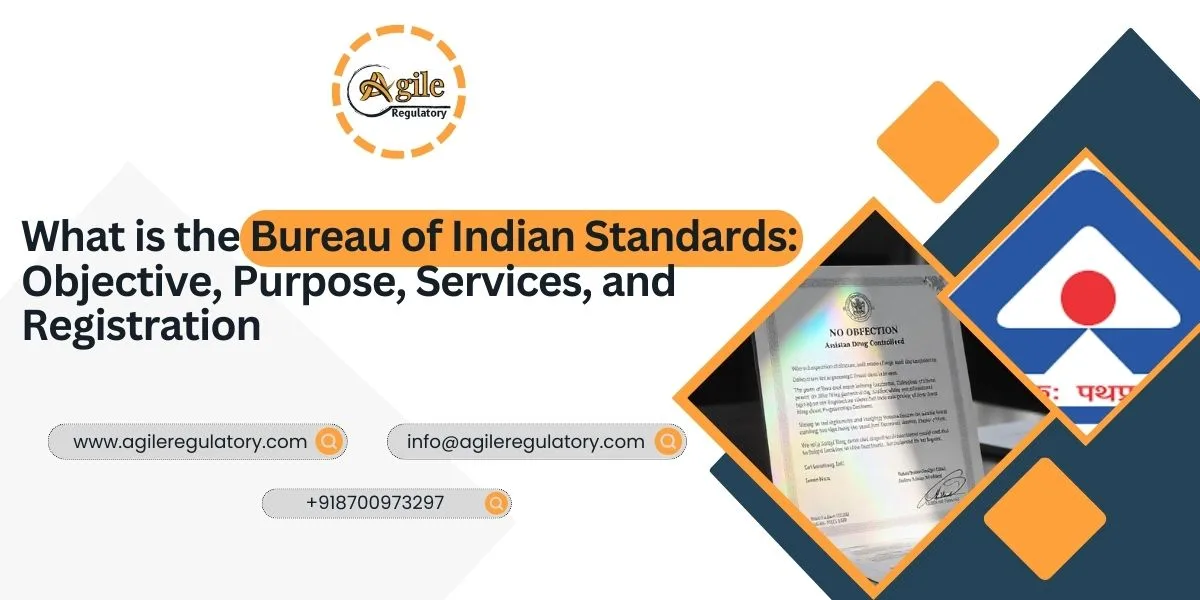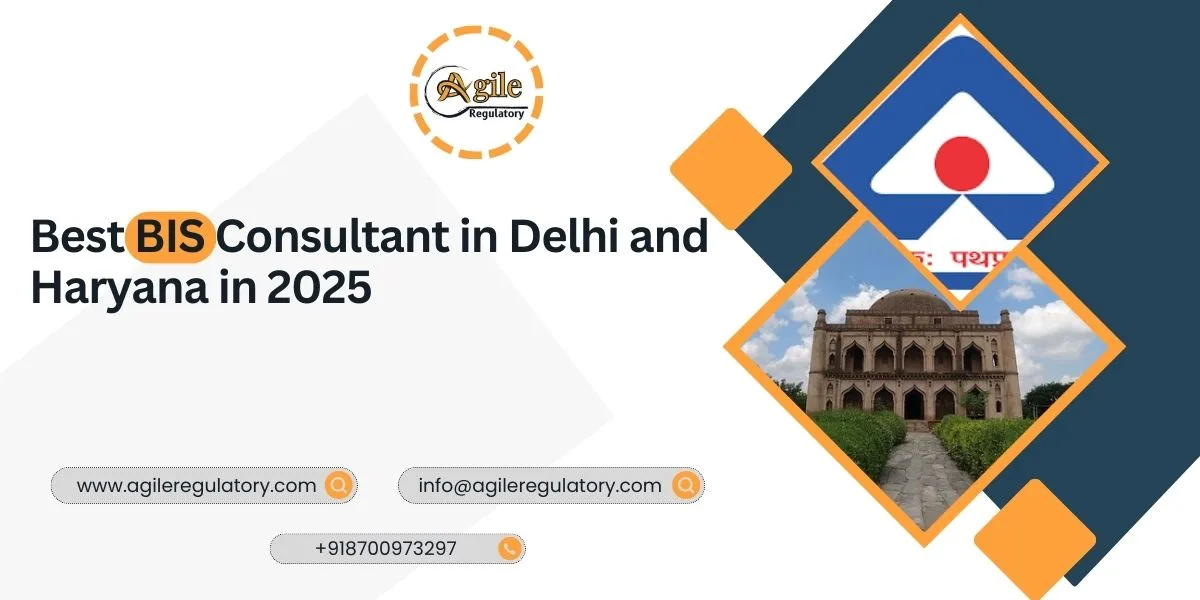
Get Instant Solution By an Expert Advisor
(4.8)


Private security Agencies are organizations that offer security services, such as security guard training. These agencies are governed by the Private Security Agencies Regulation Act of 2005, or 'PSARA.' Private security firms must get a security PSARA license before commencing their company or offering security services.
Section 4 of the PSARA Act of 2005 requires a license for all Private Security Agencies operating in India. This license is awarded by the State Controlling Authority when the relevant agency has met all of the PSARA Act's criteria and regulatory standards. The license is very important not only for the agency, but also for all other stakeholders such as the government, which can effectively oversee the operations of licensed agencies, and clients, who can depend on the authenticity of the services they are providing.
Obtaining the PSARA License demonstrates a private security agency's dedication to preserving professional standards and following legal norms. This helps to screen out unethical and untrustworthy security service providers, ensuring that only respectable and competent companies operate in the field. So, getting the PSARA license is more than just regulatory compliance; it is a potent weapon for fostering professionalism, responsibility, and public trust in the private security industry, resulting in a safer and more secure environment for society as a whole.
A PSARA license may be applied for by any private limited business, limited liability partnership, single proprietorship, or partnership firm. Moreover, all Indian nationals are qualified to obtain a PSARA license, with the following exceptions:
The PSARA License application procedure may be performed both online and offline by following a step-by-step process. This entails submitting an application and a defined set of documentation to the State Controlling Authority. The filing procedure itself entails several legal complexities that need professional supervision and help. You may contact us for this reason. Once the application is filed, the regulating authority carefully reviews it before granting the PSARA license to the applicant agency. The step-by-step guide provided below will help you comprehend the procedure and navigate it efficiently.
To begin the PSARA license Application Process, check that your private security service has all relevant registrations, such as Shops and Establishments, Employee State Insurance, Employee Provident Fund, PAN card, and GST. Additionally, prepare particular documents necessary for filing the application, which may differ depending on the applicant type (individual or corporation).
Collaborating with a certified training school is a key step toward ensuring that your security guards and supervisors are properly trained. Sign an MOU with an accredited institution to deliver excellent training to your employees. Each state has its own list of accredited training institutions, so choose one that is recognized by the state where your organization works. For further information, see the PSARA website.
Once all of the relevant documentation has been obtained and the MOU with the training institution has been completed, submit the application for the PSARA License to the appropriate state's regulating body. There is no provision for a single central license that covers all states, thus individual applications must be submitted for each one. The application requires you to include information about the agency, its owner(s), key management personnel, and the location where the agency does business.
Following submission of the application, the local police station having authority over your business address or the addresses of directors/principal officers will undertake an antecedent verification. This verification procedure is critical since it confirms the authenticity and history of your organization and its key staff. The verification builds confidence and credibility in your agency with your customers.
The Controlling Authority shall award the PSARA License after the satisfactory verification of the papers and antecedents. In rare situations, the authority may conduct a personal interview with the applicant to determine their fitness for getting the license. Once the license is issued, it allows you to operate your agency lawfully and provide professional security services. However, the license's validity must be considered, and it must be renewed on a regular basis to ensure its continued existence.
The PSARA license is essential to the regulation of India's private security sector. The PSARA Act of 2005 assures that private security firms follow the law, maintain professional standards, and put public safety first by imposing a licensing system. The methodical application procedure, which includes obtaining necessary paperwork, working with accredited training facilities, and doing extensive background checks, establishes credibility and confidence in the sector. Getting a PSARA license is a show of dedication to the best calibre of security services, professionalism, and responsibility. It improves public confidence in private security firms' ability to protect people and property while also bolstering their image.

 Divya Saxena
Divya Saxena
30 Jan, 2026

 Vanshika Mathur
Vanshika Mathur
30 Jan, 2026

 Nishi Chawla
Nishi Chawla
29 Jan, 2026

 Nishi Chawla
Nishi Chawla
29 Jan, 2026

 Nishi Chawla
Nishi Chawla
29 Jan, 2026

Get Instant Solution By an Expert Advisor
(4.8)
We simplify compliance through a proven 4-step process: Consultation, Documentation, Submission, and certification. From understanding requirements to getting final approvals, we deliver a smooth, timely, and fully compliant journey for your business.
What our customer says about us
Fantastic support from the team. Their expertise transformed our approach, driving remarkable outcomes. A must-have partner for businesses seeking effective consulting solutions. Highly recommended.

KTPL Instruments
Agile Regualtory delivers exceptional solutions. Their insightful guidance streamlined our processes and boosted profitability. Highly recommended for businesses seeking expert consulting services to thrive.

Justrack IOT
Impressed by Agile Regulatory's expertise. Their strategic insights and practical solutions have elevated our business operations. A reliable partner for effective consulting services. Highly recommended for growth-focused businesses.

Coaire Compressor
Extraordinary consulting services. Their insightful solutions and dedicated team reshaped our business, driving remarkable improvements. Highly recommend it for transformative results.

Easy Polymer
Incredible experience with Agile Regulatory. Their innovative strategies and expert advice revitalized our business model, resulting in impressive growth. Highly recommend their exceptional consulting services.

Tarus International
Top-tier consulting! offered strategic solutions that revolutionized our approach. Their deep expertise and personalized guidance made a significant impact on our success. Highly recommend their services.

Anchor Weighing
Agile Regulatory exceeded expectations! Their tailored solutions, expertise, and proactive approach led to remarkable results. Highly recommend for businesses seeking impactful and strategic guidance.

AM Capacitor
Outstanding service! delivered targeted solutions with professionalism and expertise. Their insights elevated our business strategies, resulting in noticeable growth. Highly recommended for exceptional consultation.

Imaxx Pro Aquistic
Leave a Reply
Your email address will not be published. Required fields are marked *